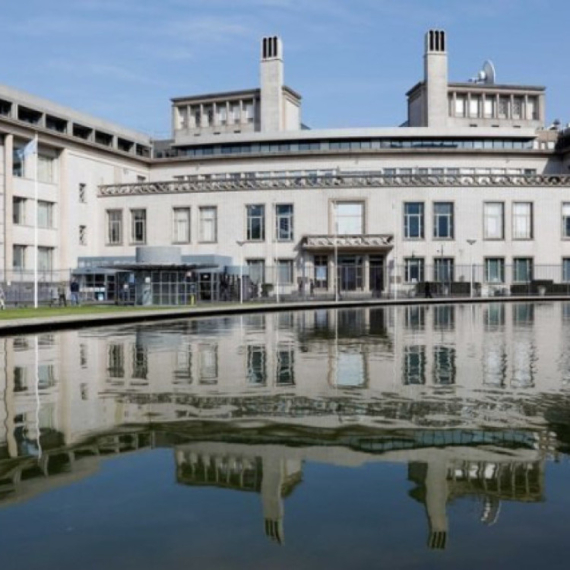Schengen revision “could be dangerous for Serbia”
Slovenian MEP Tanja Fajon has stated a possible temporary suspension of the visa-free regime could be very dangerous for Serbia.
Sunday, 10.06.2012.
15:28

Slovenian MEP Tanja Fajon has stated a possible temporary suspension of the visa-free regime could be very dangerous for Serbia. She assessed that Serbia had a large number of asylum seekers. Schengen revision “could be dangerous for Serbia” “If a mechanism of a temporary suspension of the visa-free regime is accepted, this will be very dangerous because some EU member states could very quickly use the measure and even request that Serbia be placed back on the black Schengen list,” Fajon explained. Pointing out that a high number of asylum seekers from Serbia represented a very serious problem, she said that according to the European Commission (EC) data, there were almost 14,000 asylum requests in the EU member states last year. “It is very important that the Serbian authorities do everything in their power to reduce the number of asylum seekers and that the citizens are fully informed about the rules that apply for the freedom of movement in the EU,” Fajon told Novi Sad-based daily Dnevnik, stressing that the reform of the Schengen rules was a technical process. “Defining the mechanism for the suspension of the visa-free regime has nothing to do with the elections in Serbia,” she was quoted as saying. EU interior ministers agreed this week at a meeting in Luxembourg that a temporary border control would be allowed in certain cases, despite the Schengen Agreement. The EU member states have justified the decision with security reasons, such as terrorism, natural disasters and large numbers of refugees from crisis areas around the world. Dnevnik Tanjug
Schengen revision “could be dangerous for Serbia”
“If a mechanism of a temporary suspension of the visa-free regime is accepted, this will be very dangerous because some EU member states could very quickly use the measure and even request that Serbia be placed back on the black Schengen list,” Fajon explained.Pointing out that a high number of asylum seekers from Serbia represented a very serious problem, she said that according to the European Commission (EC) data, there were almost 14,000 asylum requests in the EU member states last year.
“It is very important that the Serbian authorities do everything in their power to reduce the number of asylum seekers and that the citizens are fully informed about the rules that apply for the freedom of movement in the EU,” Fajon told Novi Sad-based daily Dnevnik, stressing that the reform of the Schengen rules was a technical process.
“Defining the mechanism for the suspension of the visa-free regime has nothing to do with the elections in Serbia,” she was quoted as saying.
EU interior ministers agreed this week at a meeting in Luxembourg that a temporary border control would be allowed in certain cases, despite the Schengen Agreement.
The EU member states have justified the decision with security reasons, such as terrorism, natural disasters and large numbers of refugees from crisis areas around the world.

























































Komentari 6
Pogledaj komentare